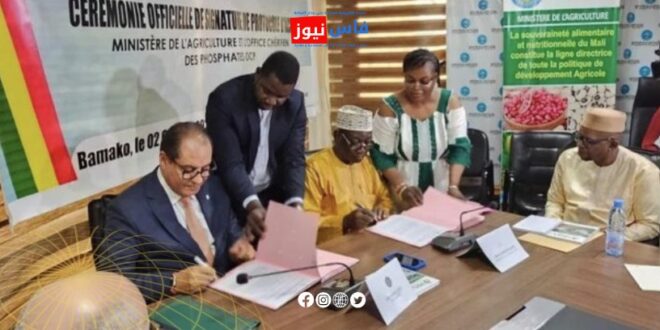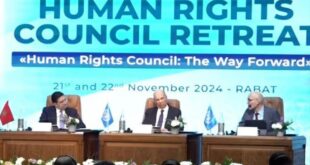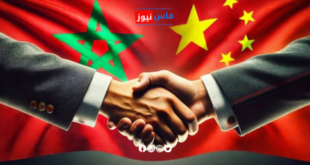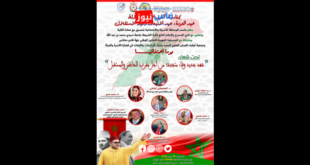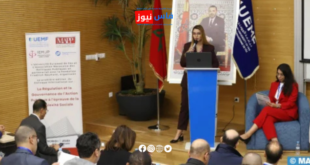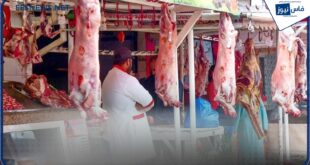OCP Africa, a leading phosphate and derivatives company, has signed a Memorandum of Understanding (MoU) with Mali’s Ministry of Agriculture in Bamako, in a move aimed at supporting Malian farmers and improving agricultural yields and soil health in the country.
This strategic partnership comes as part of OCP Group’s efforts, the world’s leading producer of phosphate and its derivatives, to enhance agricultural development across the African continent. The initiative is part of the company’s comprehensive strategy to support the agricultural sector in Africa and improve soil fertility and crop productivity.
A senior source at the group stated that the agreement will provide Malian farmers with access to customized fertilizers tailored to their land’s needs, which will contribute to improving agricultural productivity and strengthening food security in the country.
This partnership holds special significance given Mali’s location in the Sahel region, which faces multiple agricultural challenges. The initiative is expected to address some of these challenges through:
- Providing customized fertilizer solutions
- Delivering training programs for farmers
- Conducting soil testing
- Offering specialized technical support
This collaboration is part of a series of similar initiatives implemented by OCP Group across various African countries, where the company seeks to contribute to achieving food security and developing the agricultural sector on the continent.
Officials at the Malian Ministry of Agriculture confirmed that this partnership will contribute to modernizing the country’s agricultural sector and improving farmers’ livelihoods through increased crop productivity and improved income.
The first phase of the agreement’s implementation is expected to include comprehensive studies to assess farmers’ needs and analyze soil characteristics in various agricultural regions in Mali, in preparation for developing customized solutions that meet the specific needs of each region.
It’s worth noting that OCP Africa has extensive experience in implementing similar projects in many African countries, relying on advanced technologies and specialized expertise in improving soil fertility and increasing agricultural productivity.
This translation maintains the same informative tone and structure as the Arabic original while ensuring clarity and natural flow in English. The text is organized in a journalistic format, with the most important information presented first, followed by supporting details and background information.
 فاس نيوز ميديا جريدة الكترونية جهوية تعنى بشؤون و أخبار جهة فاس مكناس – متجددة على مدار الساعة
فاس نيوز ميديا جريدة الكترونية جهوية تعنى بشؤون و أخبار جهة فاس مكناس – متجددة على مدار الساعة

